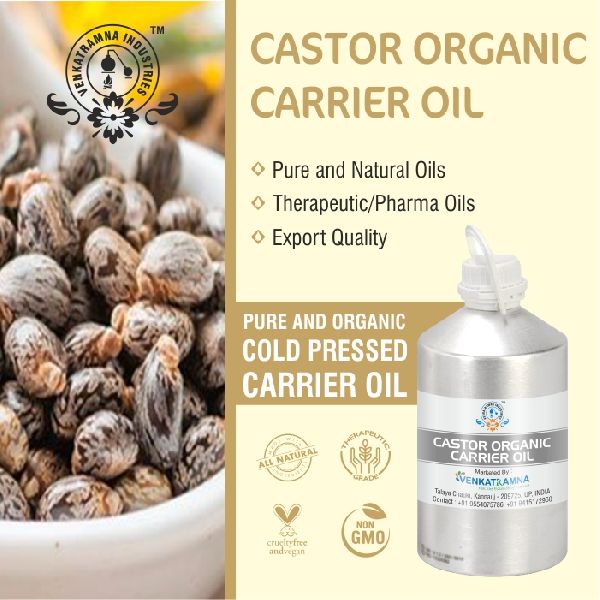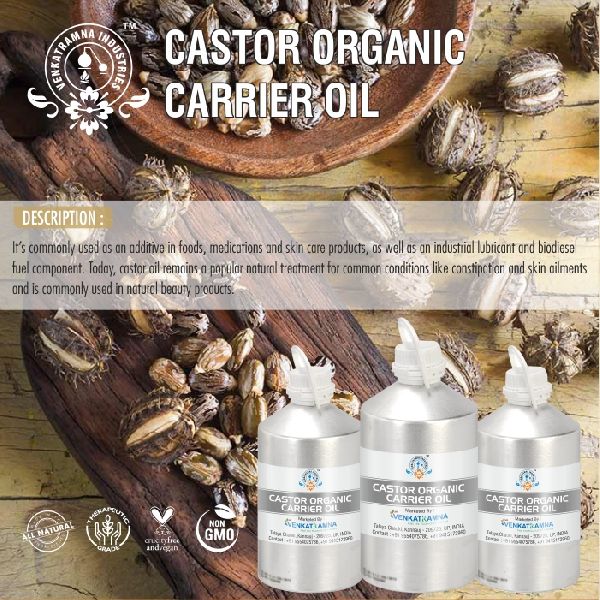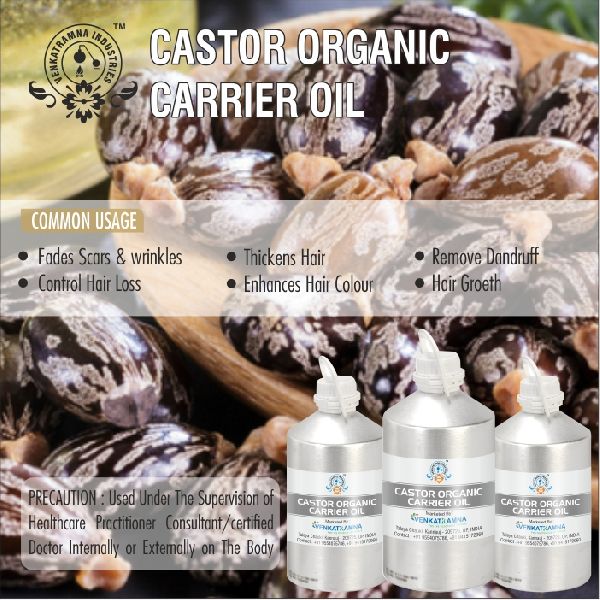Company Information
Ask for more detail from the seller
Contact SupplierRicinus communis L. (Euphorbiaceae), commonly known as castor oil plant, is a soft wooden small tree developed throughout tropics and warm temperature regions. This plant is indigenous to the southeastern Mediterranean Basin, Eastern Africa, and India but is widespread throughout tropical regions and is widely used as an ornamental plant. The plant is known to display antimicrobial activity and has been used to treat several ailments. Its leaf, root, and seed oil are used in inflammation treatment, liver disorders, hypoglycemic, and as a laxative. In Tunisia, the plant is used as a contraceptive. The plant is also used in African folk medicine in the treatment of warts, cold tumors, and indurations of mammary glands, corns, and moles. The anti-inflammatory, antioxidant, antimicrobial, and cytotoxic activities of the plant was demonstrated.
The castor bean plant, an erect, tropical shrub or small tree, grows up to 30 feet tall. As an annual in the cooler zones, it grows up to 15' tall. It is a very fast growing plant. The joints of the hollow stem, stalks and leaves are reddish to purple. The 6 - 11 lobed, palmate leaves with uneven serrated edge, are also red or colored and often have a blue-gray bloom. There is also a green variety. The flat seeds are in a seedpod that explodes when ripen. All the top of the stem and stalks are the inflorescence with the male - and female flowers. The female flowers are the fuzzy red structures at the top of the flower spike with the male flowers positioned on the lower half, and have conspicuous yellow anthers The oblong fruit turns brown when ripe. In each seed pod (a capsule) there are three seeds. The seeds of castor bean or castor oil plant, are very poisonous to people, animals and insects; just one milligram of ricin (one of the main toxic proteins in the plant) can kill an adult. The castor oil is extracted from the beans, which is used for medicinal purposes. Commercially prepared castor oil contains none of the toxin.




